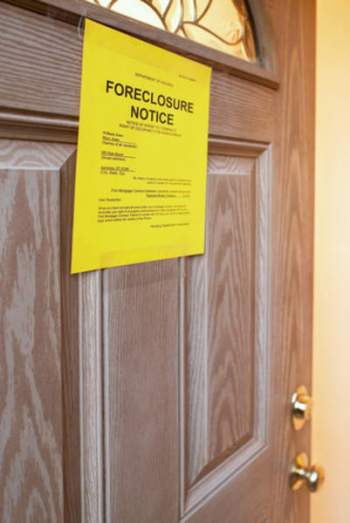
Eviction Process in Alabama

Popular In Foreclosure
Deed In Lieu Of Foreclosure Stop Foreclosure Pre Foreclosure Protecting Tenants At Foreclosure Act Of 2009 Deed In Lieu Of Foreclosure Maryland Avoid Foreclosure Foreclosure Help Eviction Process In Missouri Eviction Process In Alabama Foreclosure Process Short Sale Deed In Lieu Of Foreclosure Ohio
Guide to the Eviction Process in Alabama
If you are being evicted in the state of Alabama, you may not know how to proceed. Learning about the eviction process in Alabama can help you understand your rights and options under the law. After reading this guide, you will understand the steps involved in the eviction process in Alabama and how long each step will take.
Receiving Notice
In Alabama, your landlord will first notify you in writing about your failure to pay rent or about violations of your lease before filing for eviction. A “notice to pay rent” gives you seven days to pay your rent before the eviction process in Alabama can continue.
If you receive a “notice to remedy or quit,” your landlord is asking you to remedy a breach of your lease. You will have fourteen days to fix the problem or your landlord can begin the eviction process in Alabama courts.
Whichever notice you receive, if the time passes and you have not resolved the issue, your landlord will issue an “unlawful detainer” notice that gives you three days to vacate your home or face court proceedings.
Court Filings and Hearings
If you fail to respond to the notice to pay rent or notice to remedy or quit, your landlord will continue the eviction process in Alabama courts by filing a complaint. The complaint will be served to you officially, which means that you will be assured of seeing the complaint before you are expected in court. You have five days to object in writing to the eviction. If you file no objection, the removal process can begin.
The amount of time between the court filings being made and the hearing being held may vary. If you wish to fight the eviction, you have a right to appear in court and state your side of the case. For instance, if you were withholding rent because your landlord had breached some part of your lease, you may be able to argue for your landlord to fix the problem instead of facing eviction.
You are not required to appear in court at the eviction hearing, but if you fail to appear, your landlord will request a default judgment and the eviction process in Alabama will continue moving forward. You will be notified as soon as possible of your right to file an appeal within seven days of the hearing.
Writs of Restitution and Removal
If you plan to appeal the eviction process in Alabama, you will need to post an appeals bond set by the judge in your case. If you cannot pay this bond, you will be served with a writ of restitution. Writs of restitution will include the date you must vacate by.
If you do not vacate by the date indicated on the writ of restitution, the eviction process in Alabama allows for you to be removed forcibly from your property. If you leave your belongings behind, Alabama law considers them abandoned and will allow your landlord to dispose of them.



















